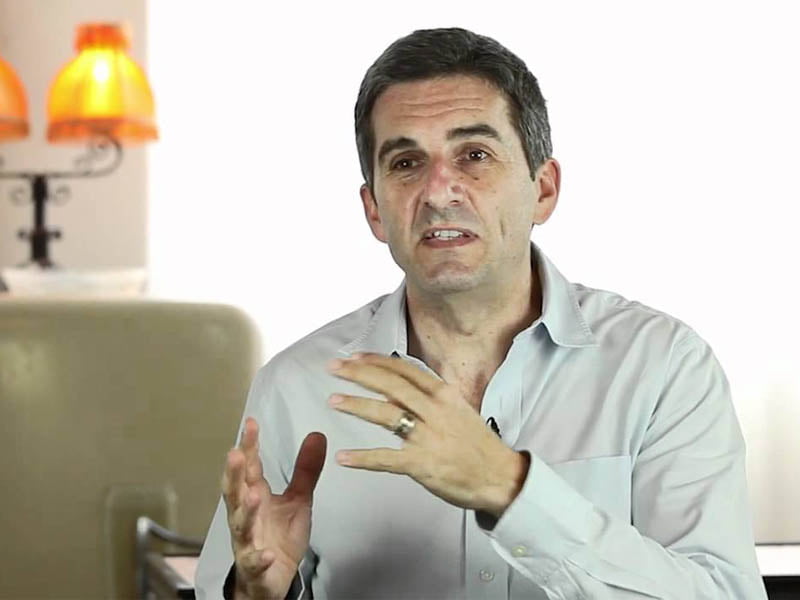In leading the debate about innovation policy in Australia, government must confront the reality of impending job losses and all the political complexity that comes with the issue, according to Innovation and Science Australia board member and AirTree Ventures partner Daniel Petre.
Job displacement is a reality and there is no point in government shirking the issue when trying to sell innovation policy to the public, he said.
The technology that will drive job losses is coming regardless of whether Australia building the structural policy layer that will help Australia companies become active players, creating new jobs and wealth from the same tech forces.

Mr Petre, an elder statesman these days in the Australian tech industry, was a key influence on the development of the ISA 2030 strategy, which was handed to government last year and made public in late January.
The 2030 strategy made 30 key recommendations across a full range of ecosystems area – from education and research, to the R&D tax incentive to government procurement.
But he makes a further personal recommendation: Government should be talking about this stuff more, not less, and that it should be talking about the difficult stuff, not just the upside.
“The government has got to realise that this is a difficult issue that does have some negative aspects to it,” Mr Petre told InnovationAus.com on the sidelines of the recent Women in VC event in Sydney.
“But we cannot avoid talking about it, and we have to keep talking about it, and we have to bring the population with us. We can’t run away from this because some people might be scared they’re going to lose their jobs,” he said.
“Government has got to take the harder road that says ‘it is important for the country that we get this right, so we’re going to keep [moving] on this as fast as we can’.”
It’s not a heartlessness about job displacement. It’s just that it’s going to happen anyway.
But if we don’t put the underlying policy structures in place now, we will simply miss the opportunity to build new job-creating Australian companies, and build new sources of national wealth, he said.
Creating to right environment for new companies and industries to grow gives the nations options for the future.
Referring to a Google-sponsored report from AlphaBeta that suggests 3.5 million workers in Australia being under threat of having their job disrupted by technology in the next decade and a half or so, Mr Petre said rather being concerned about retraining costs in future, the focus right now should be on putting the settings in place that underpins the innovation ecosystem.
“You’ve got to look at it as ‘is there going to be net job destruction or net job creation and can you retrain for that scenario. But the hurdle issue is that if we don’t do anything [now], we don’t even get to [decide] about whether we retrain!”
“My theory is that if we don’t build this super structure [for innovation] right, then there isn’t going to be enough money to think about spreading around [on things like retraining],” Mr Petre said.
Talking up macro and hip-pocket upside of innovation policy was key, just as acknowledging the complexities and challenges.
While government has been quiet in innovation policy since the 2016 election, there are plenty of positives to highlight, he said.
“The NISA 1.0 (National Innovation and Science Agenda) stuff was transformational, there is no doubt about that,” Mr Petre said.
“It introduced so much more money into the ecosystem never would have come in without the tax breaks for ESVCLPs … there’s no way. And that has fuelled success.”
“The one mistake they’ve made is with the [temporary skills] visa program. That has been a [big problem].”
“We have enough money for now … and we have more money flowing in, with lots of new funds being raised.
“But we have a talent shortage that’s the big, big problem we have right now.”
Do you know more? Contact James Riley via Email.

